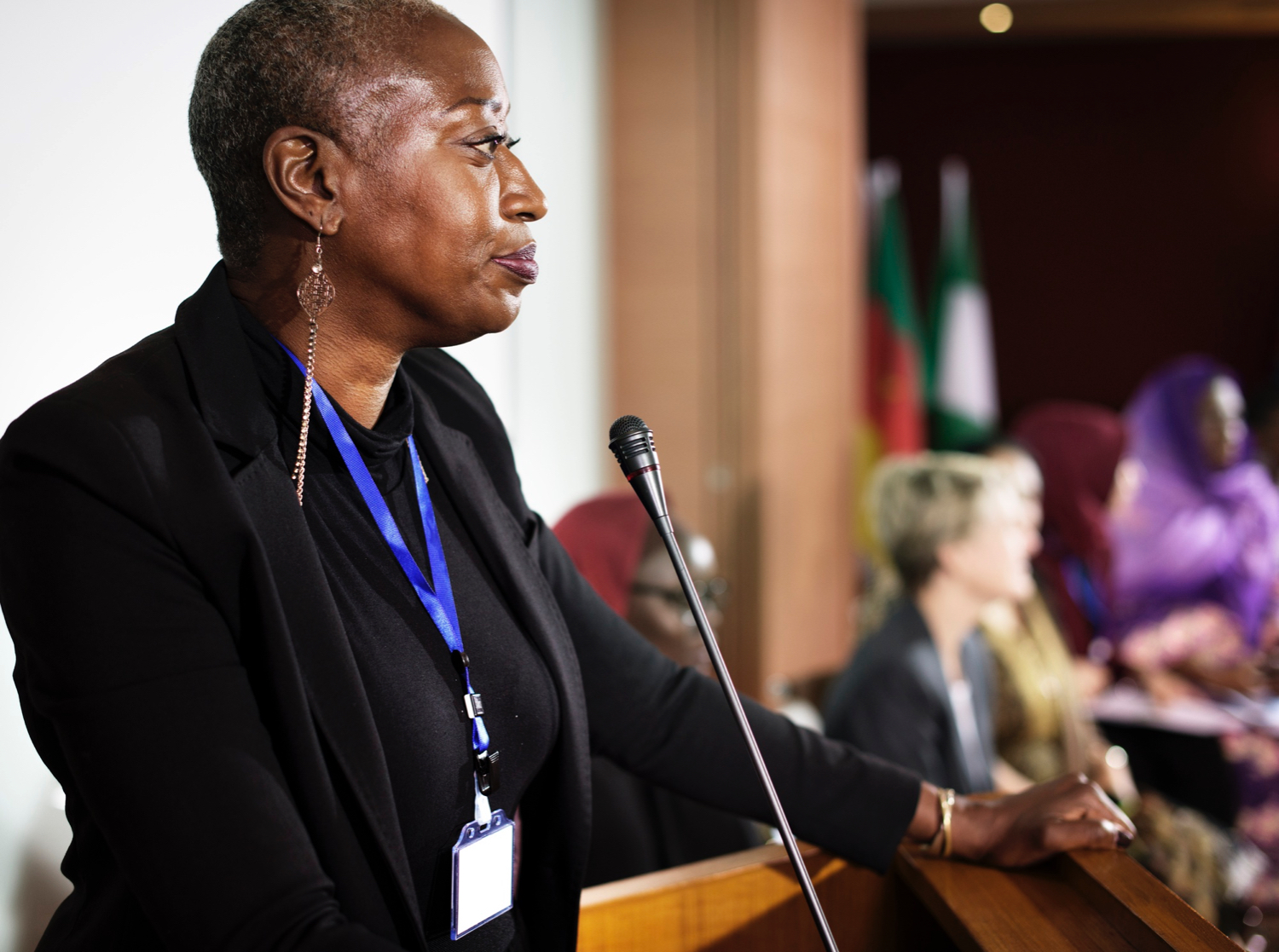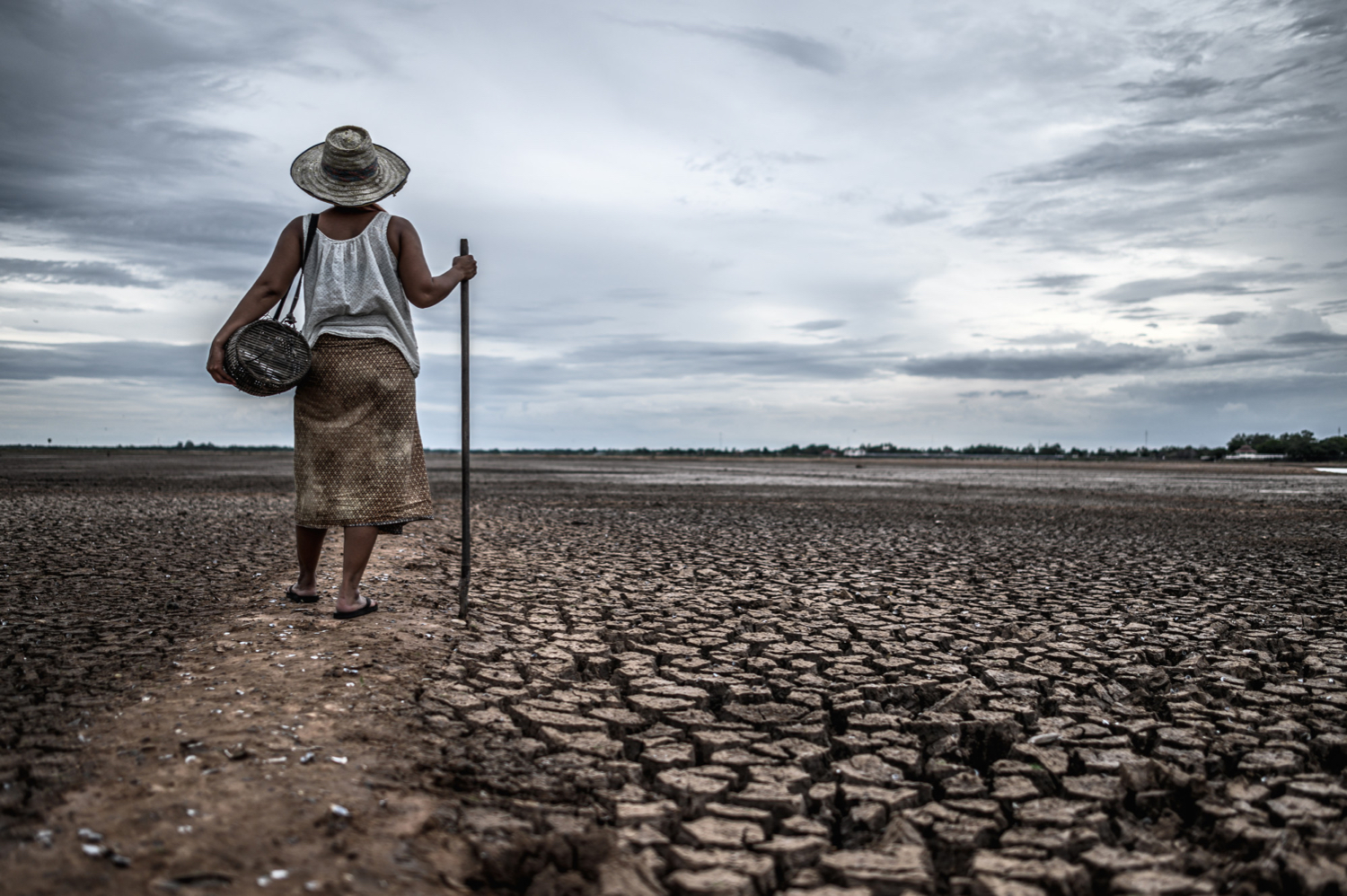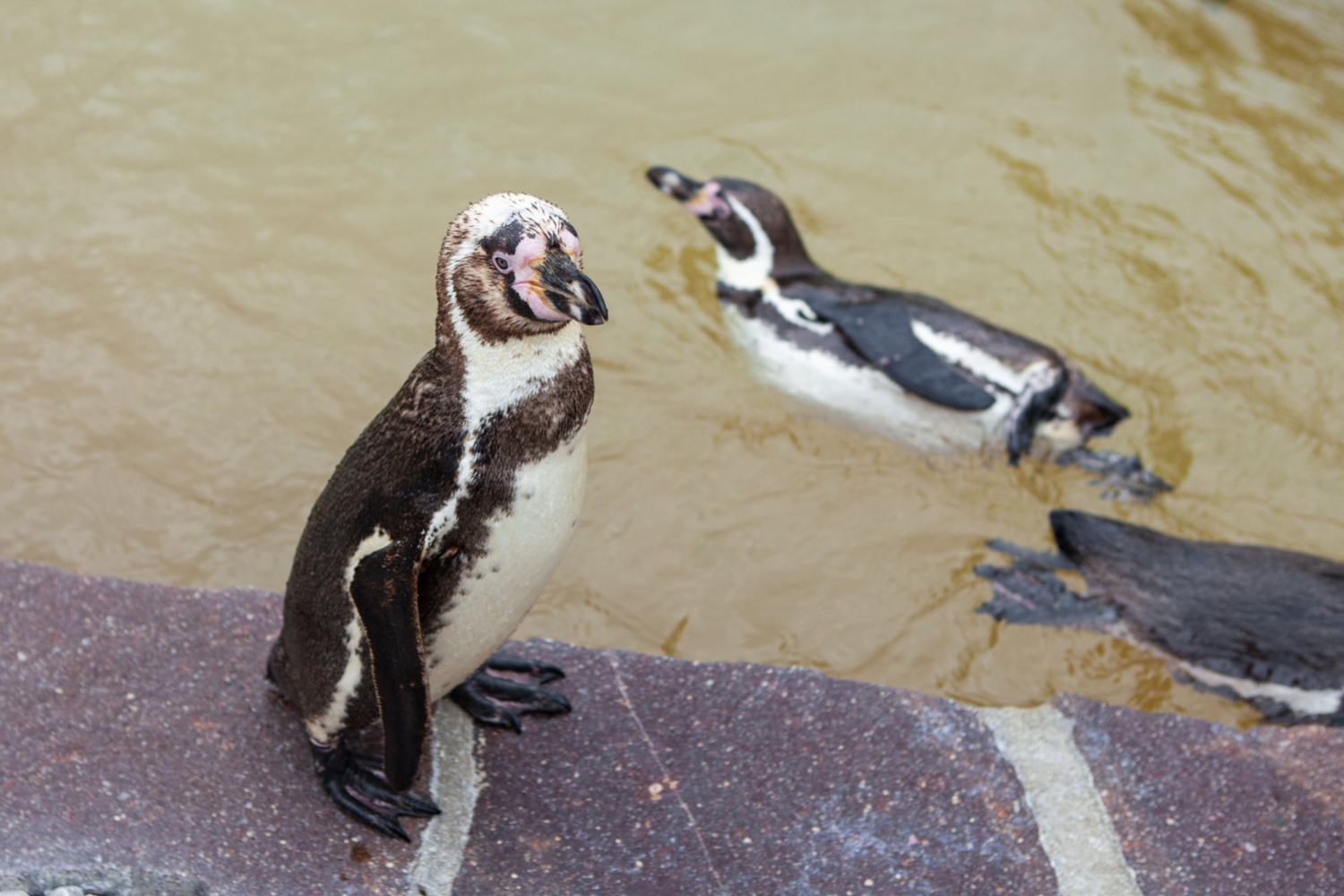Public housing remains a pipe dream for many people. How about government giving individuals free access to electricity and water, as well as subsidized rental payments like in the Ministerial Handbook?
President Cyril Ramaphosa revised the Ministerial Handbook for 2022 following public outcry.
The handbook released in April was meant to be an update of the executive guide, which was released in 2019.
A recent debate in parliament has left many wondering if the upcoming Guide for Members of the Executive should be reprinted in order to remove any excess perks.
The ministers’ privileges included free electricity and water at the ministerial villages, which are owned by the government.
Cabinet ministers are given homes that the government owns and which are in Cape Town and Pretoria. These homes can be used for free by ministers whenever needed.
The Independent Online (IOL) reports that the DA called for the complete removal of the Ministerial Handbook. The Organisation Undoing Tax Abuse’s chief executive, Wayne Duvenage, and South African Federation Union General Secretary, Zwelinzima Vavi, dubbed the upcoming amendments “disgusting”.
Vincent Magwenya, the presidential spokesperson, announced that the president had withdrawn the 2022 Ministerial Handbook. The president also withdrew the 2022 Presidential Development Plan.
“We are,” said Mangwenya, “pending review of the 2019 version of the executive guide. The withdrawal will give effect to it.”
“Ministers have to pay from their own pockets for any water and electricity expenses exceeding R5,000 a month” is a quote from page 108 in the 2019 handbook.








